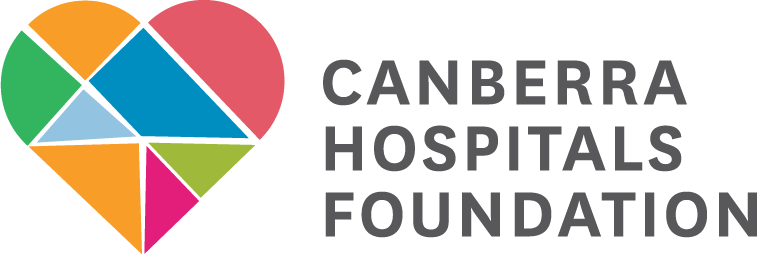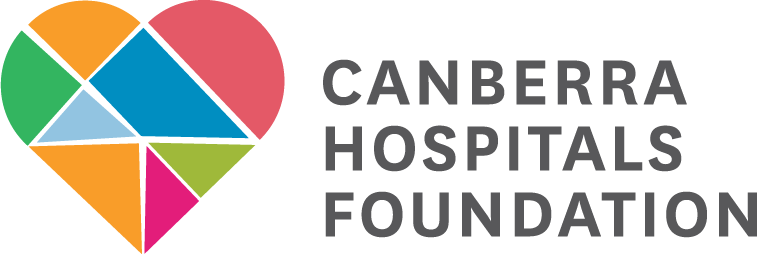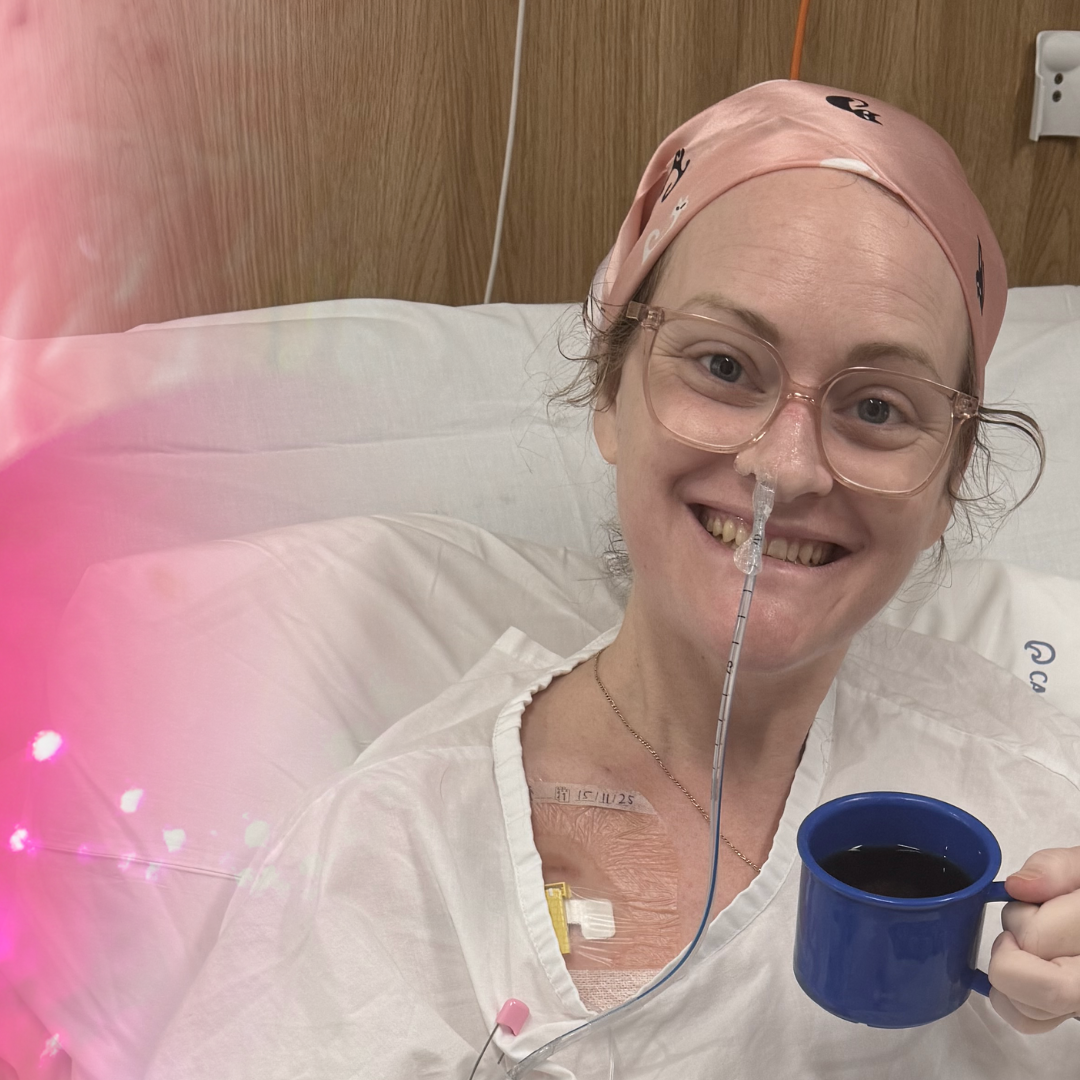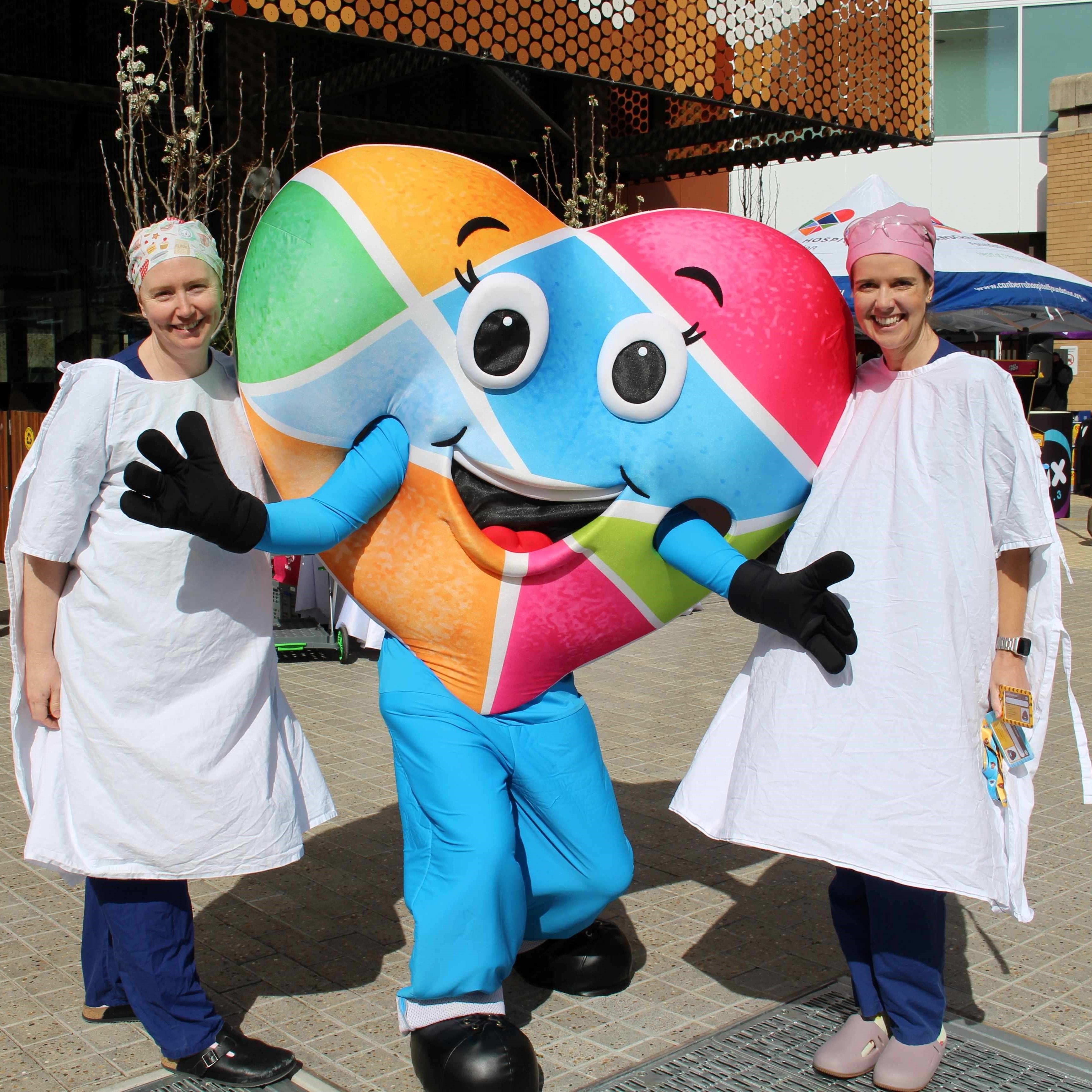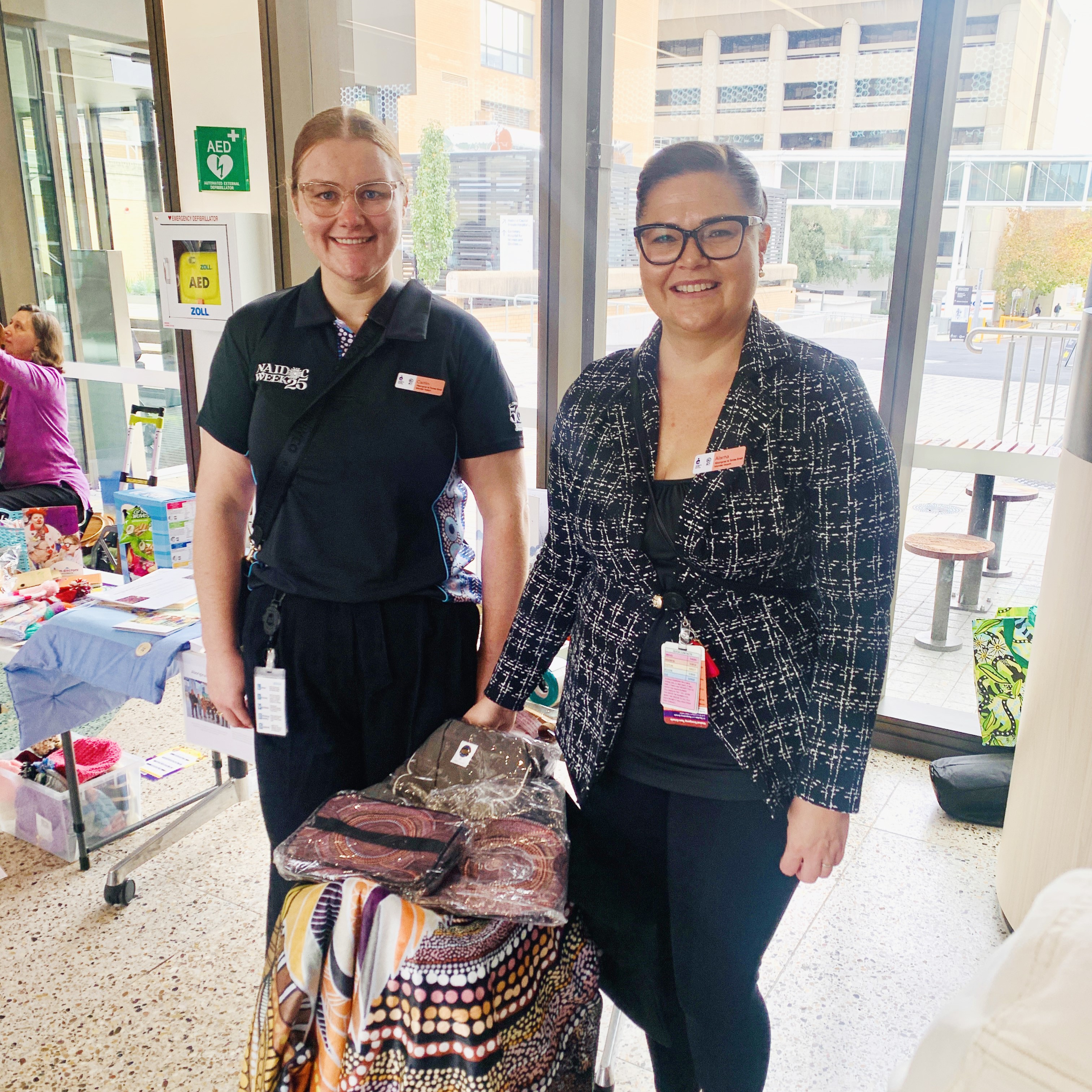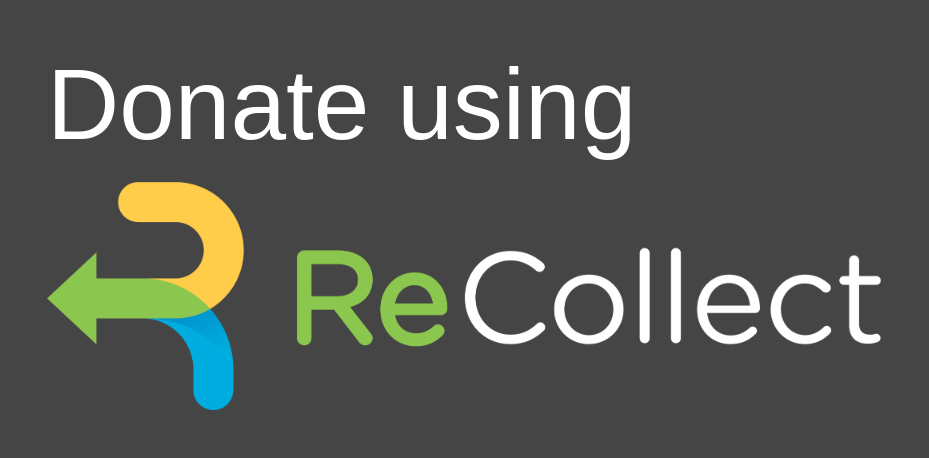With a wealth of experience and dedication to her community, Tracey Newman, a proud Wiradjuri woman, is championing the health of Aboriginal and Torres Strait Islander people affected by cancer in the ACT and surrounding region.
In her role as Aboriginal and Torres Strait Islander Project Officer for the Canberra Region Cancer Centre (CRCC), Tracey sees the opportunity to “create in this project what is most beneficial for our mob and what works best in our communities”.

"I am excited about the design and development of activities and resources to be rolled out and implemented to support mob to be more receptive to information about cancer treatment options," Tracey recently told us.
“With this initiative, we are hoping to collaboratively achieve awareness, availability of culturally responsive resources, address stigma aspects attached to cancer but ultimately address prevention and early interventions across the cancer continuum.”
The initiative is ‘Pathways to Wellbeing for Aboriginal and Torres Strait Islander peoples with cancer in the ACT and surrounding region’. It is funded by Cancer Australia’s Supporting people with cancer Grant Initiative through Canberra Hospital Foundation.
The intended outcomes of the initiative are earlier detection of disease and helping address the disparity in cancer outcomes for Aboriginal and Torres Strait Islander peoples from the ACT and surrounding region who are affected by cancer.
Aboriginal and Torres Strait Islander cancer patients will feel empowered to have greater involvement in decision making about their health and treatment due to their participation in educational workshops, yarning sessions, and more culturally sensitive service provision.
All activities under this initiative, including staff training, will help ensure health care delivered by the Canberra Health Services (CHS) at CRCC is more responsive to the needs of Aboriginal and Torres Strait Islander peoples affected by cancer, as well as their communities.
“We need to continuously provide culturally responsive information to mob in our communities to bridge the gap of their understanding but also for the health professionals to know what does work best and how together we can achieve these health outcomes,” Tracey explains.
The initiative has funded a part-time Aboriginal and Torres Strait Islander Project Officer over three years to provide support and evidence-based information to consumers to enhance informed patient decision-making.
That’s where Tracey comes in.
Tracey is employed by Canberra Health Services (CHS) for 3 days per week as an Aboriginal and Torres Strait Islander Project Officer within the Division of Allied Health. She will coordinate, design, and help implement the projects that fall within the initiative.
“The highlight for me is to be one part of an exciting project enabling our Aboriginal and Torres Strait Islander communities to have available resources that align with their cultural needs that will help them navigate the health system.”
Beginning her role in February 2022, Tracey commenced by establishing the consumer-led Pathways to Wellbeing Steering Group (PWSG) to guide the design and implementation of the initiative.
The PWSG is made up of eleven members, eight of whom reside within the ACT and three who reside in the South Coast region. Their first meeting was inaugurated on the 29th of March 2022.
“This steering group will guide and implement the seven project deliverables over the course of the project,” Tracey explains.
Tracey's next priority was to set up the Clinical and Cultural Cancer Workshops, a first for the ACT and surrounds. Aboriginal service providers and their networks will refer consumers to attend the workshops, which are being delivered to ACT and South Coast communities in the second half of 2022.
The initial workshop will be rolled out in the ACT on the morning of 12 July 2022 at Boomanulla Sports Ground, Narrabundah.
Tracey acknowledged the importance of designing and developing the workshops to be culturally responsive to the needs of the Aboriginal and Torres Strait Islander peoples who will be participating.
“The format of yarn up sessions will help them feel and be relaxed. It’s an environment where they have a sense of belonging, so mob feel comfortable and empowered to use their voice and share their experiences,” Tracey says.
Another highlight for Tracey is the opportunity to be a part of a team who seek assistance and guidance from each other and share the workload.
“The Cancer Nurse Specialists (CNS) at the CRCC are fantastic, they support the project by designing and developing the clinical content of a series of Cancer Yarn Up Workshops.”
By participating in regular meetings with Tracey, the CNS were able to collate relevant information to cover the topic of ‘Know Your Body’, with culturally responsive resources available to help them understand Aboriginal and Torres Strait Islander needs.
“These Clinical and Cultural workshops are important because they will assist our communities to have an awareness of prevention and early intervention of four cancer topics: bowel, lung, breast and prostate. It will help to understand health literacy relating to cancer.”
Tracey notes the impact the workshops can have. “It will help our mob to address the stigma around cancer of being fearful of the ‘Big C’, as it is quite often referred to in our communities.”


The Aboriginal and Torres Strait Islander Cancer Support Group (ATSICSG) yarning circles will provide a safe environment for Aboriginal and Torres Strait Islander patients and help navigate their cancer journey at CRCC.
"The most important aspect is to ensure that it is culturally responsive to mobs need," Tracey says.
The formation of the yarning circle support group from the ground up is a high point for Tracey, as it will enable community members to keep up to date with current cancer information and available support systems.
“The main aspect is to get together and spend some time to share each other’s cancer journey experiences and support one another where they can lift their spirits just by being together throughout such a gruelling time.”
Another project that Tracey will be coordinating is the development of a culturally appropriate consumer brochure for regional Aboriginal and Torres Strait Islander patients to help them prepare for treatment at CRCC.
The brochure will save time and effort by providing information about cancer diagnosis and treatment options, as well as options for families in terms of finance and accommodation.
“Having a culturally responsive brochure available that encompasses needs when attending the CRCC will help patients feel welcomed and their needs accommodated,” Tracey explains.
“The brochure needs to encompass language that must be targeted toward our mob’s literacy levels, so an easier to read version.”
To enhance health literacy, there needs to be an understanding and ability to tailor aspects of the information brochure to be culturally responsive, in line with the Optimal Care Pathway (OCP).
“One resource that informs us in the project is the Optimal Care Pathway (OCP) for Aboriginal and Torres Strait Islander peoples. The OCP provides guidance to health practitioners and service planners on optimal care for Aboriginal and Torres Strait Islander people with cancer, across the cancer continuum.” Tracey explains.
"Prior to this role, I lived 'on country' Wiradjuri country in Orange, Dubbo, and Condobolin for 19 years. My hometown community is Condobolin,” Tracey told us.
"It's a small town with a population of around 2,800. I have lived and worked in and around Aboriginal communities and always have applied for Identified positions."
She has also worked for a non-profit organisation who were passionate about social justice and being inclusive.
"Some of their objectives were to understand Aboriginal struggles related to intergenerational trauma and the impacts on Aboriginal outcomes related to their social and health determinants,” Tracey says of the work she undertook with them, and the experience she brings to enhance her current role.
Facing the challenge of establishing and coordinating the project will require grit, but as a single parent who raised five children, Tracey has the resilience and determination to handle it. Working in a project officer role and ensuring the array of project deliverables are met, will see Tracey utilise her management skills and her ability to connect and collaborate with the network she is building.
Tracey also acknowledges the overarching challenges, “The complexity of social and health determinants within our communities are massive. They stem from colonisation which has had a flow on effect for our communities, known as intergenerational trauma. It requires both ongoing culturally competent service delivery and organisational support.”
It’s an exciting initiative and a challenging role that Tracey knows is highly worthwhile.

The Canberra Region Cancer Centre at Canberra Hospital in Garran.
Canberra Hospital Foundation is proud to have been awarded the Cancer Australia Grant and honoured to help Aboriginal and Torres Strait Islander patients and their families who are experiencing cancer.
Header image: Memory and history (2020) by Katie Williams. Canberra Health Services Collection, 2021. Artwork supported by community generosity through the Canberra Hospital Foundation. Image Source: Canberra Health Services.
